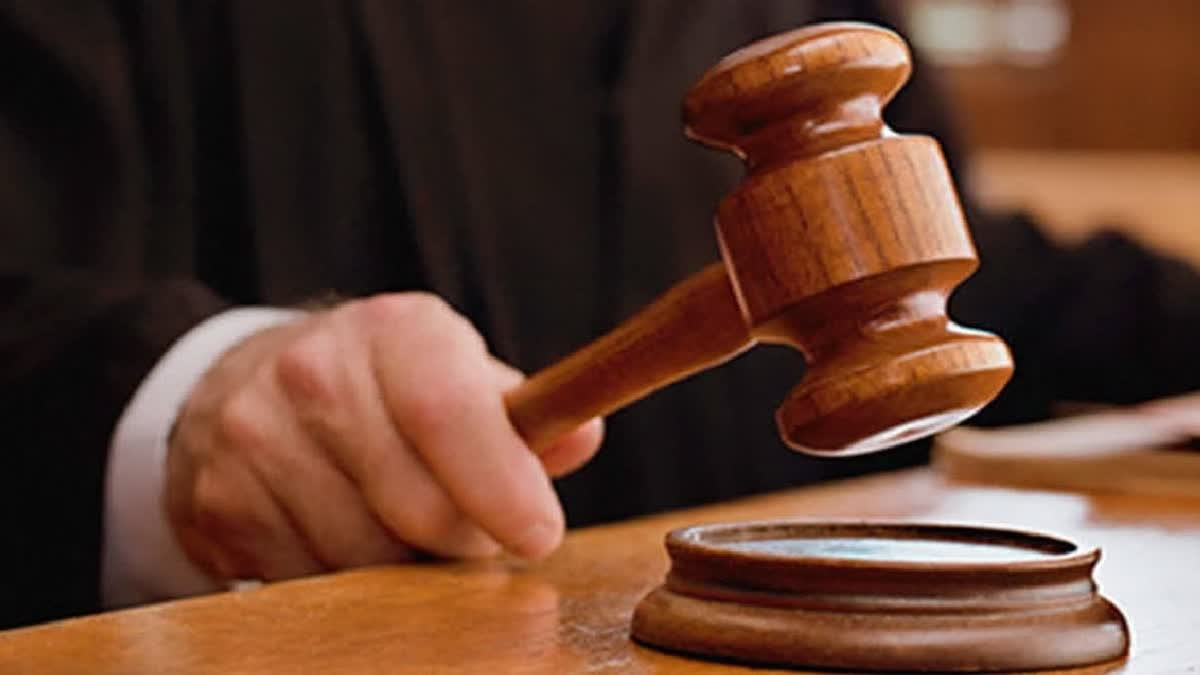New Delhi: The Supreme Court Monday said its 2014 ruling, removing the immunity for Centre’s employees at the joint secretary level and above from probe in corruption cases, “will apply retrospectively”.
A five-judge constitution bench led by Justice Sanjay Kishan Kaul said: “The declaration made by the Constitution Bench in the case of Subramanian Swamy (2014) will have retrospective operation. Section 6A of the DSPE (Delhi Special Police Establishment) Act is held to be not in force from the date of its insertion September 11, 2003”.
The top court said that no such employee can demand protection from coercive measures for the period between September 2003, when the impugned law was framed, and May 2014 – when the law was struck down.
The constitution bench in the case of Subramanian Swamy (2014) declared Section 6A of the DSPE Act as unconstitutional on the ground that it violates Article 14 of the Constitution on account of the classification of the government servants, to which the said provision was to apply.
The bench also comprising Justices Sanjiv Khanna, Abhay S Oka, Vikram Nath and J K Maheshwari noted that the invalidity of Section 6A of the DSPE Act is not on the basis of legislative incompetence or for any other constitutional violation.
According to Section 6A of the DSPE Act, the Centre’s approval is mandatory to conduct an inquiry or investigation for offences under the Prevention of Corruption Act, where such allegation relates to the employees of the Centre of the level of joint secretary and above.
The apex court verdict is significant as all the pending cases under the Prevention of Corruption Act since September 11, 2003, can be prosecuted without the sanction and no trial would be held as vitiated in the absence of prior approval.
The top court, in a 106-page verdict, said: “The repeal of an enactment shall not affect previous operation, unless a different intention appears. It may be appropriately noted here that the present case does not involve repeal or revival of any enactment but is a case where a Constitution Bench of this Court has declared a statutory provision as invalid and unconstitutional being hit by Article 14 of the Constitution. As such Section 6 of the 1897 Act will have no application”.
The apex court also held that Article 20(1) of the Constitution has no applicability either to the validity or invalidity of Section 6A of the DSPE Act. Article 20(1) lays down that no person shall be convicted of any offence except for violation of a law in force at the time of the commission of the alleged act.
In the context of the 2014 verdict, the apex court said: "Once a law is declared to be unconstitutional, being violative of Part-III of the Constitution, then it would be held to be void ab initio, still born, unenforceable and non est in view of Article 13(2) of the Constitution and its interpretation by authoritative pronouncements."
The apex court noted that the trial under a procedure different from the one when at the time of the commission of an offence, or by a court different from the time when the offence was committed is not unconstitutional on account of violation of sub-article (1) to Article 20 of the Constitution. "It may be different, if the procedure or the trial is challengeable on account of discrimination under Article 14 of the Constitution or violation of any other fundamental right”, it added.
The apex court examined the question, which emerged in Swamy’s case, which did not decide whether the declaration of Section 6A(1) of the DSPE Act to be violative of Article 14 of the Constitution would have a retrospective effect or it would apply prospectively.
The apex court noted that there is no attempt on the part of the respondent to canvass that Section 6A of the DSPE Act is not part of procedural law and that it in any manner introduces any conviction or enhances any sentence post the commission of an offence. “It is, therefore, held that 6A of the DSPE Act is a part of the procedure only in the form of a protection to senior government servants. It does not introduce any new offence nor it enhances the punishment or sentence”, it said.
Section 6A of the DSPE Act does not lay down or introduce any conviction for any offence. "It is a procedural safeguard only which is enumerated in Section 6A of the DSPE Act with regard to making of an investigation or enquiry of an offence under the PC Act, 1988. Section 6A of the DSPE Act also does not lay down any sentence nor does it alter any existing sentence for an offence", noted the bench.
In 2014, a five-judge constitution bench struck down Section 6A of the DSPE Act, ruling that “status or position” cannot shield an officer of the level of joint secretary and above from an unconstrained probe by the CBI in cases of corruption.
In the present case, Dr RR Kishore, the petitioner, was arrested by the CBI in 2004 for allegedly accepting a bribe. He was then chief district medical officer in Delhi and thus, held the rank of a joint secretary-level officer. He had subsequently challenged the arrest in the Delhi High Court, citing a lack of sanction from the competent authority to arrest him.
The HC held that the arrest was illegal since the Centre’s prior approval was not obtained by the Central Bureau of Investigation (CBI) but allowed the CBI to conduct a fresh investigation after seeking the government’s approval. In 2007, the CBI moved the apex court against this order.



